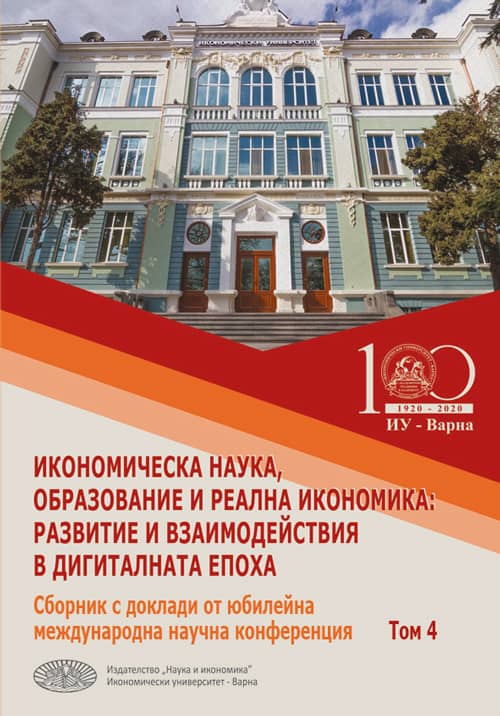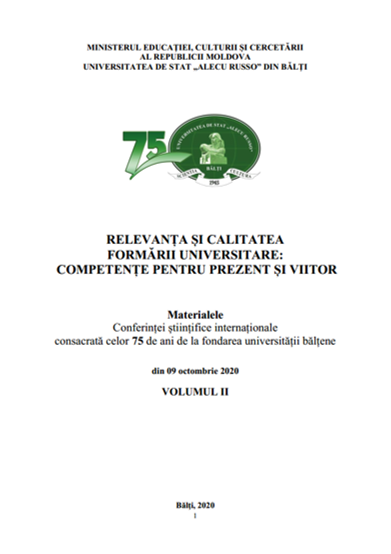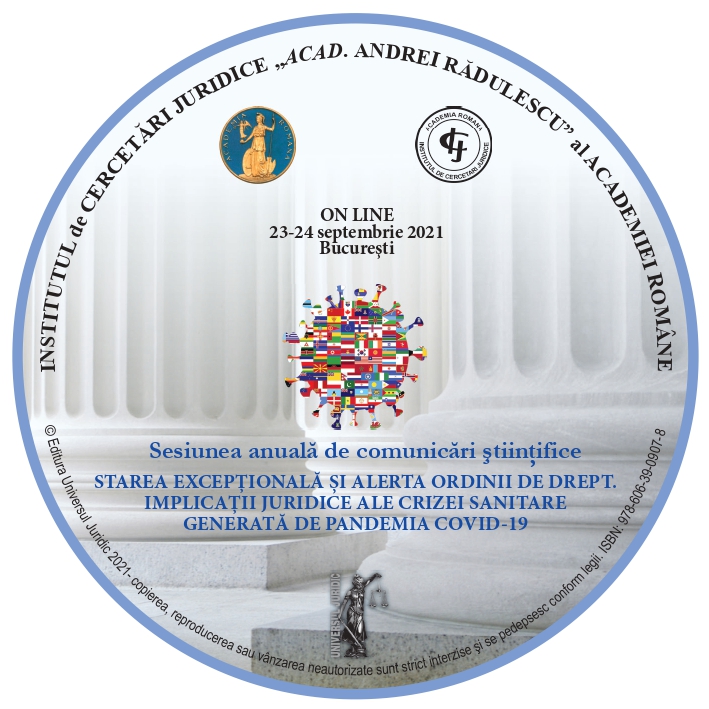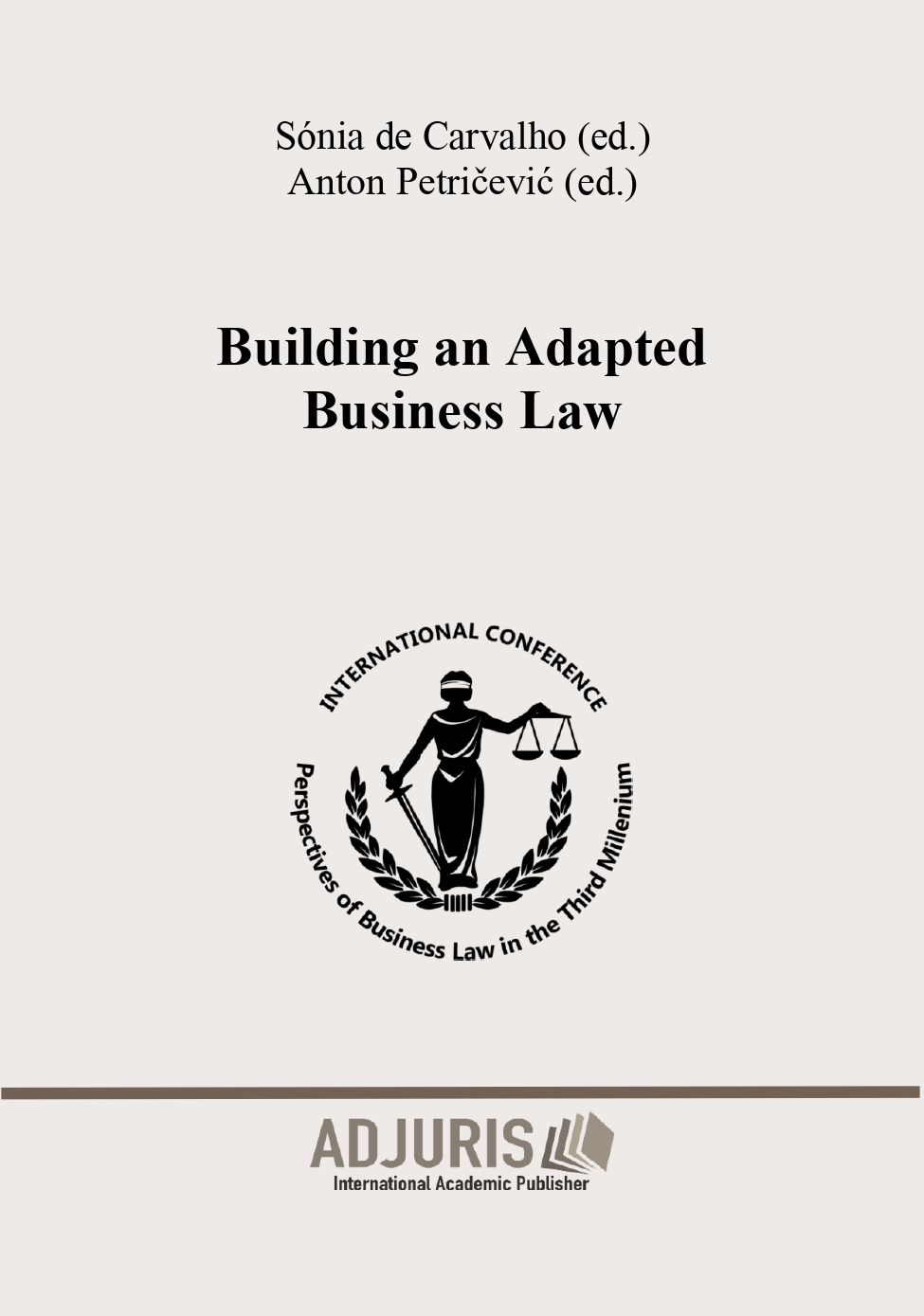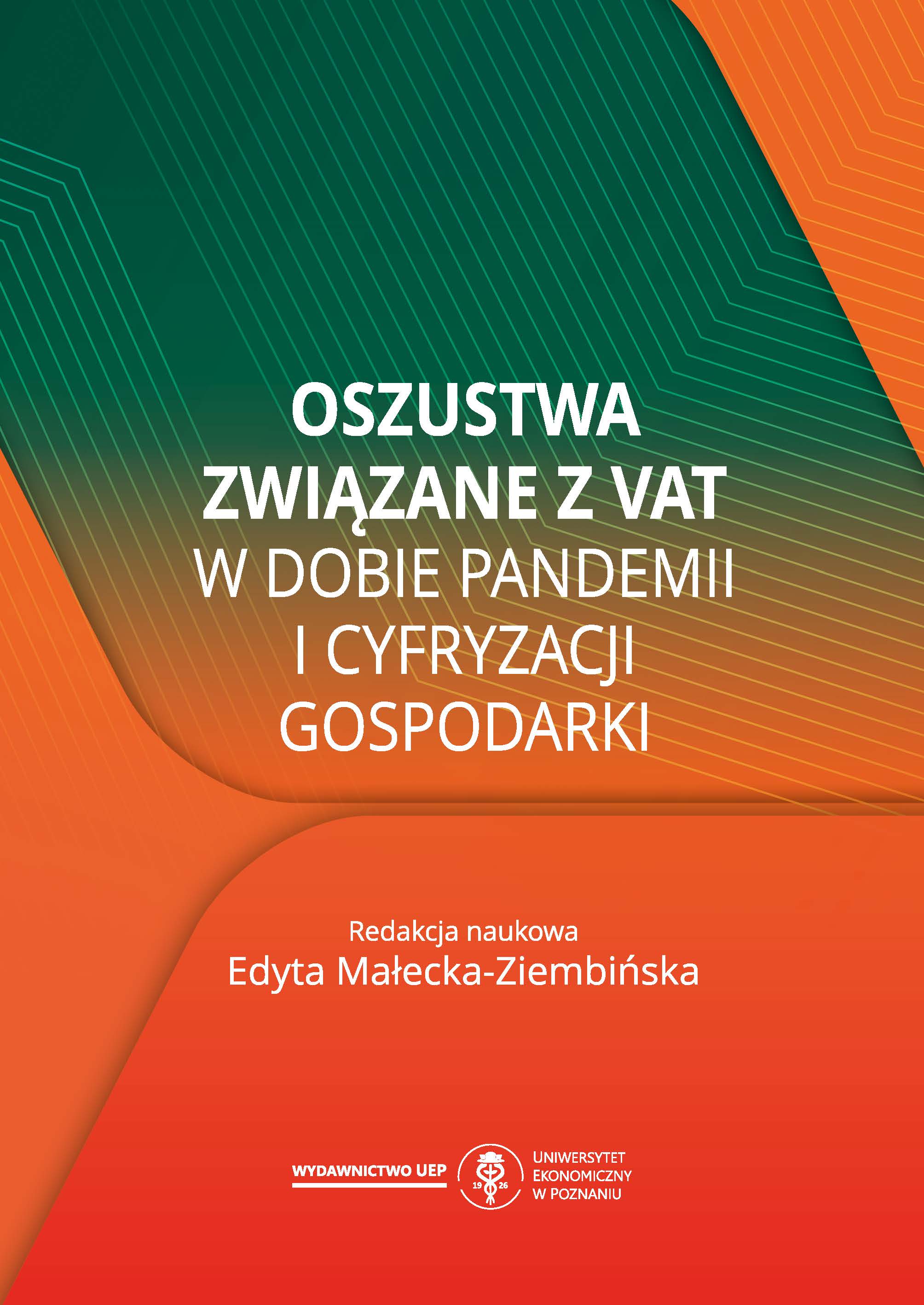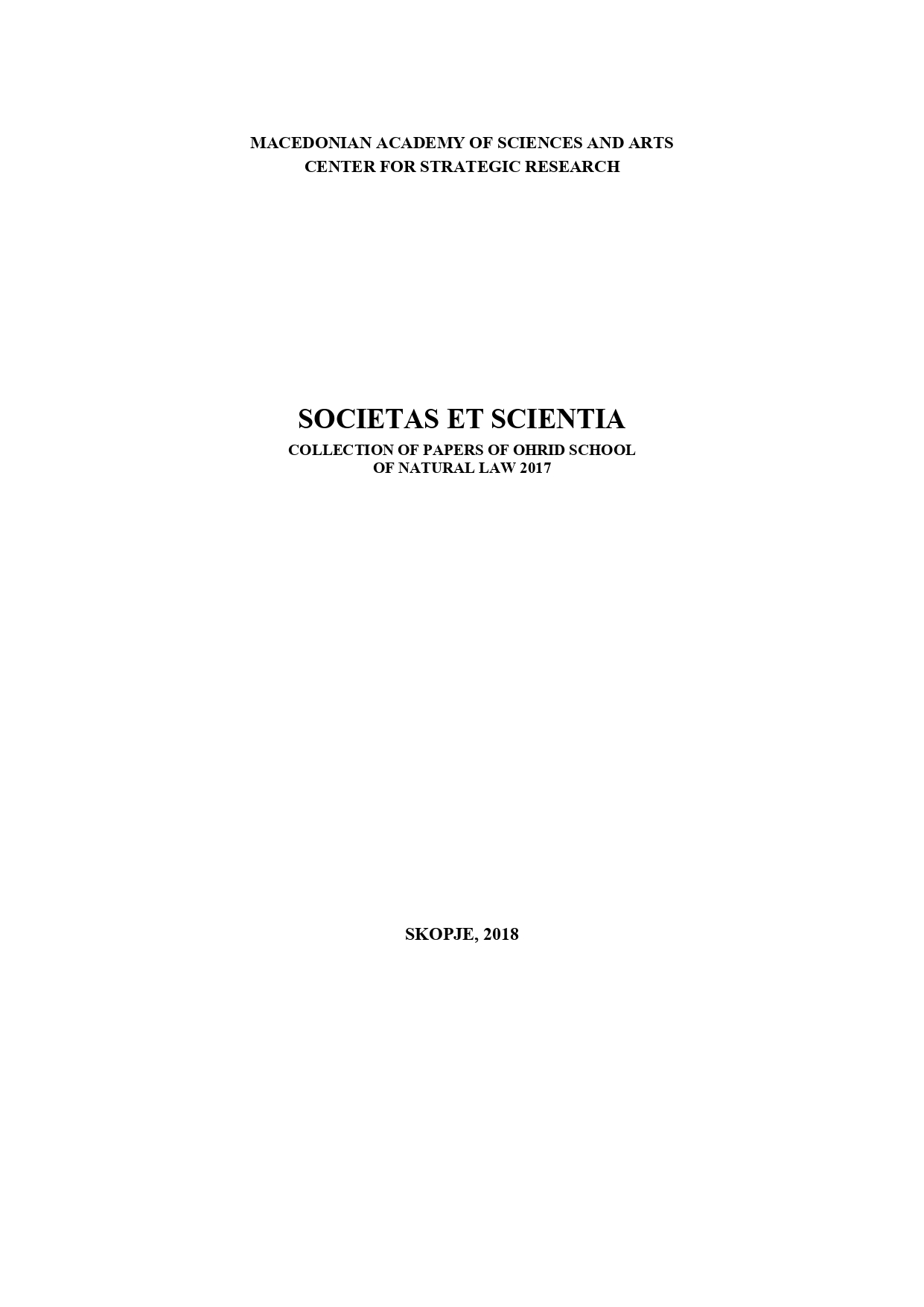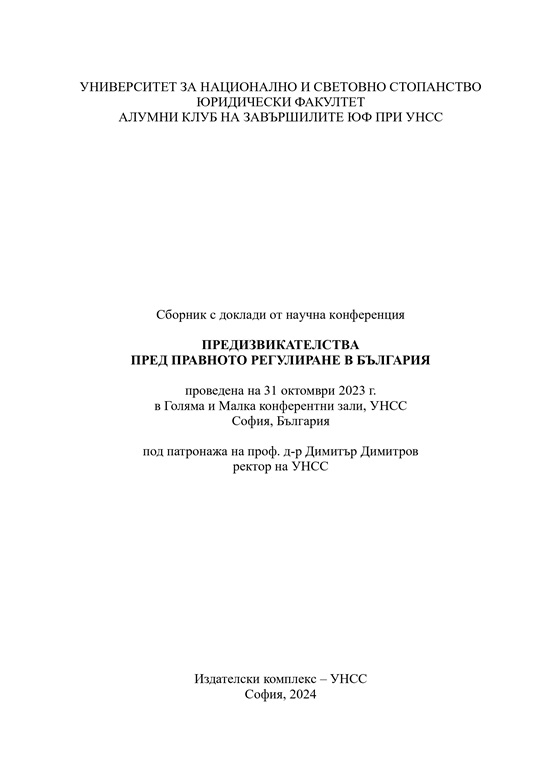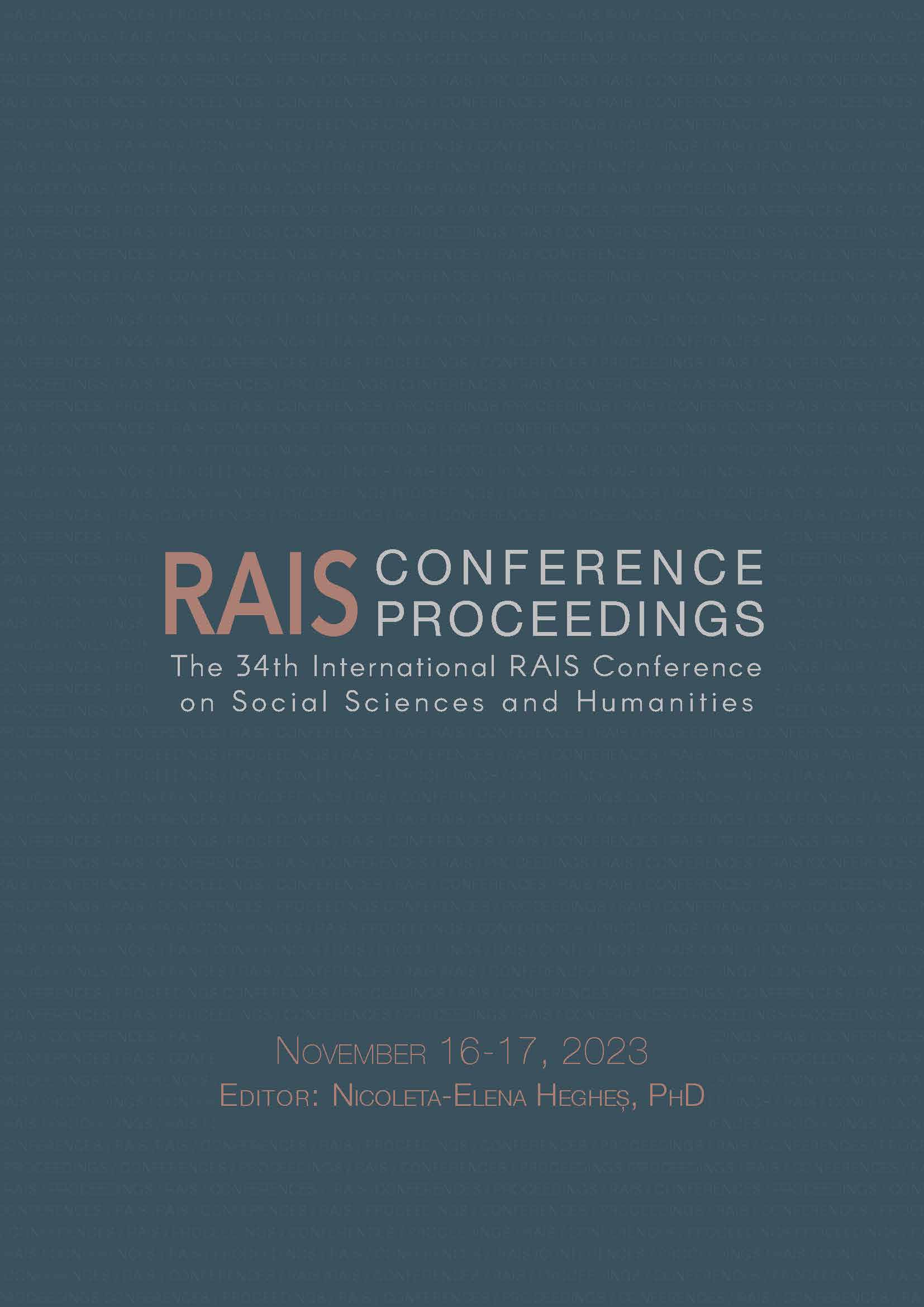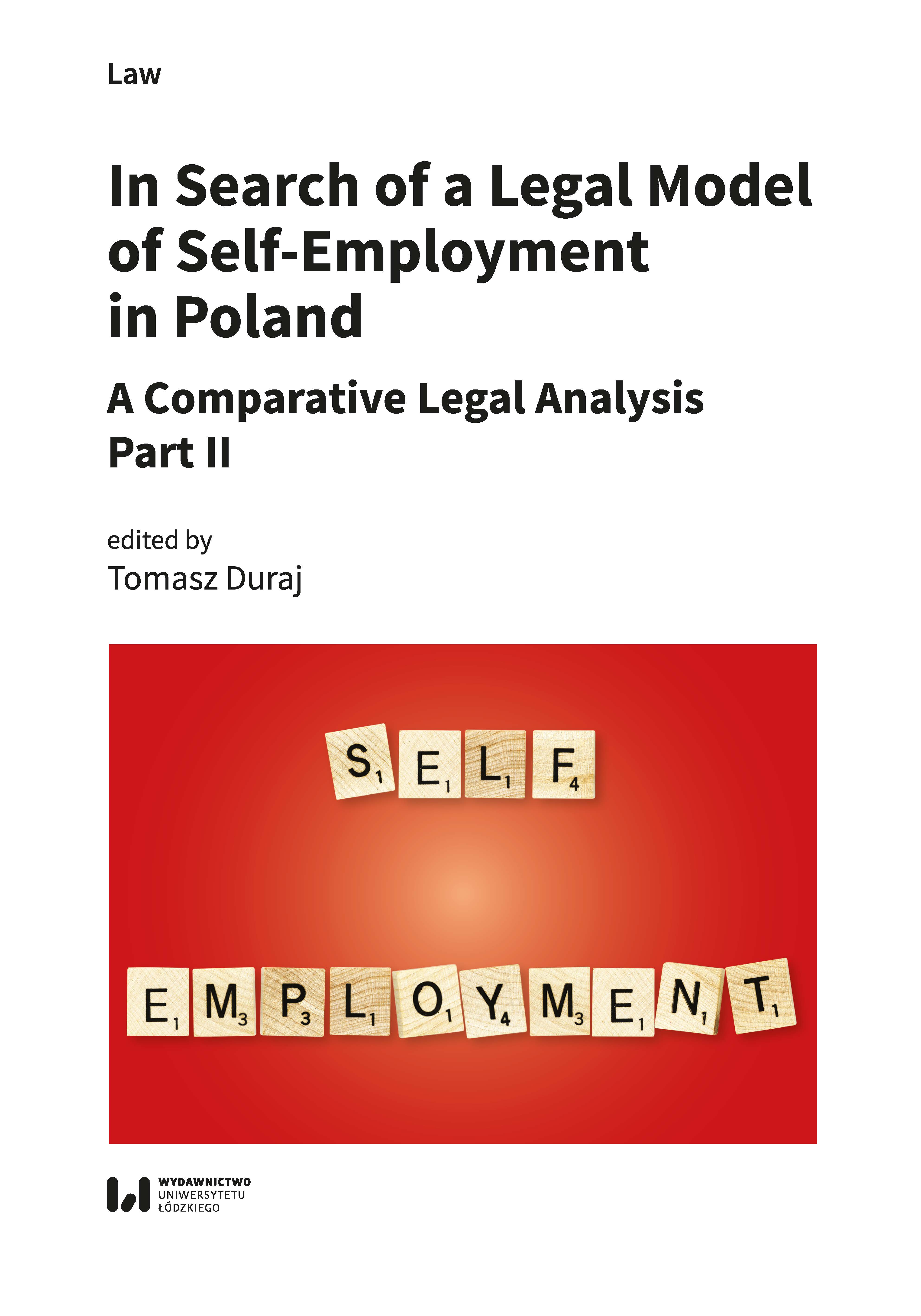Author(s): Borče Davitkovski / Language(s): Macedonian
Publication Year: 0
Independent and special administrative justice in the Republic of Macedonia in accordance with the criteria of European-continental system has existed for ten years. This means that the administrative court proceedings in the RM is regulated by special laws and that there is a special Administrative court which decides in administrative disputes. Previously, until 2006 whwn the Republic of Macedonia adopted a new law on administrative dispute, there is a mixed concept, when the competent court for administrative disputes was the Supreme Court of the Republic of Macedonia, as a court of general jurisdiction. The basic idea and goal of the administrative judiciary is the legality of the individual, final administrative acts by an independent judicial authority. Specifically for the protection of individuals and legal entities against arbitrary and illegal actions of state bodies of administration, when the public authorities in administrative procedure decide on their rights, obligations and inetrests. Consequently, the main goal of our research is to answer the question of whether and how the administrative judiciary performs its role as guardian of the legality of administrative acts and to identify obstacles and inconsistencies faced by the Administrative Court in performing this role. As important issues related with this aim, and which have a direct impact on the achievement of adequate judicial control is set, the relationship between the court and the administrative authority as a defendant party in administrative proceedings, as well as efficient and effective exercise of administrative-judicial protection for persons who wish to exercise some of their rights and appearing as a plaintiff in an administrative dispute. The answer to these questions in the course of research will primarily be obtained through analysis of empirical data from the previous work of the Administrative Court. In fact, the answer is important to be able to confirm our initial hypothesis, which is that the Administrative Court in its work faces many inconsistencies and obstacles in achieving its primary function, which affects the uniform application of legal norms, but also achieving effective and efficient administrative and judicial protection. Above all this regards the enforcement of judicial verdicts, delivering the documents by the public authority, the decision in a dispute of full jurisdiction, maintaining the oral hearing, a trial within a reasonable time and two-instance administrative judiciary. The author suggest of a special character of the independent and impartial administrative justice, which could be achieved through the implementation of adequate legal norms governing the choice and responsibility of judges. Special emphasis in the work of the authors placed on the need for changes in the Law on Administrative Disputes, which should go in the direction of harmonization of laws with the new Law on Administrative Procedure of 2015 and the consistent application of Article 6 of the European Convention on Human Rights and Freedoms. Namely to open questions about the enlargement of the items would decide the Administrative Court, the incorporating oral hearings as a rule in the administrative proceedings and the detailed planning of the second instance administrative court protection.
More...
